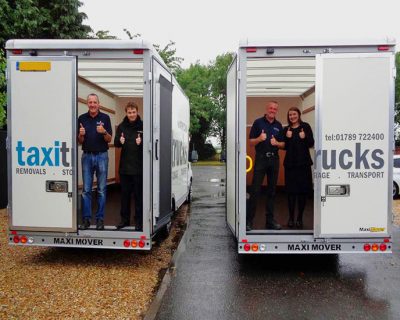Not All Luton Vans Are The Same
Must Read Information On Payload
Heavy loads create safety problems for both drivers and other road users, but there are also legal issues to be aware of. Today, the authorities take overloaded vans very seriously.
The Current Penalties Are Below:
5%-10% Overweight: £100
10%-15% Overweight: £200
15-30% Overweight: £300
More Than 30% Overweight: Court summons
At over 30%, the DVSA consider this a safety hazard to other road users. In cases like this, drivers can be charged with dangerous driving. This offence can even carry a prison sentence.
The average cost to a business for exceeding their vehicle’s payload is on the rise. Just five years ago in 2015, the average fine issued by the DVSA was £788.94. If you were caught overloaded at the roadside in 2017, the average fine rose to £1034.01.
Unladen Weight & Gross Vehicle Weight
As a van driver, you need to stay within the weight limits. When a van is empty but fuelled, its weight is called the ‘unladen weight’ or sometimes referred to as kerb weight. Your van also has something called the ‘gross vehicle weight (GVW)’ or ‘maximum authorised mass’ which can be found on your VIN plate. This is the maximum weight that a van is legally allowed to weigh when loaded. It includes: the van, the fuel, you and any passengers and anything else you’re carrying.
Calculating Payload
To work out how much you can load onto a van (payload) and be within the legal GVW limit you need to do a simple calculation. You subtract the van’s unladen weight from the van’s gross vehicle weight (GVW). The figure you come to is the payload and is the total weight of what you can safely load into the van but remember this includes all passengers and their luggage. For example, if your vehicle is carrying three passengers weighing in at 12 stone each (76kg) this will use up 228kg before you even start adding any tools or cargo.







